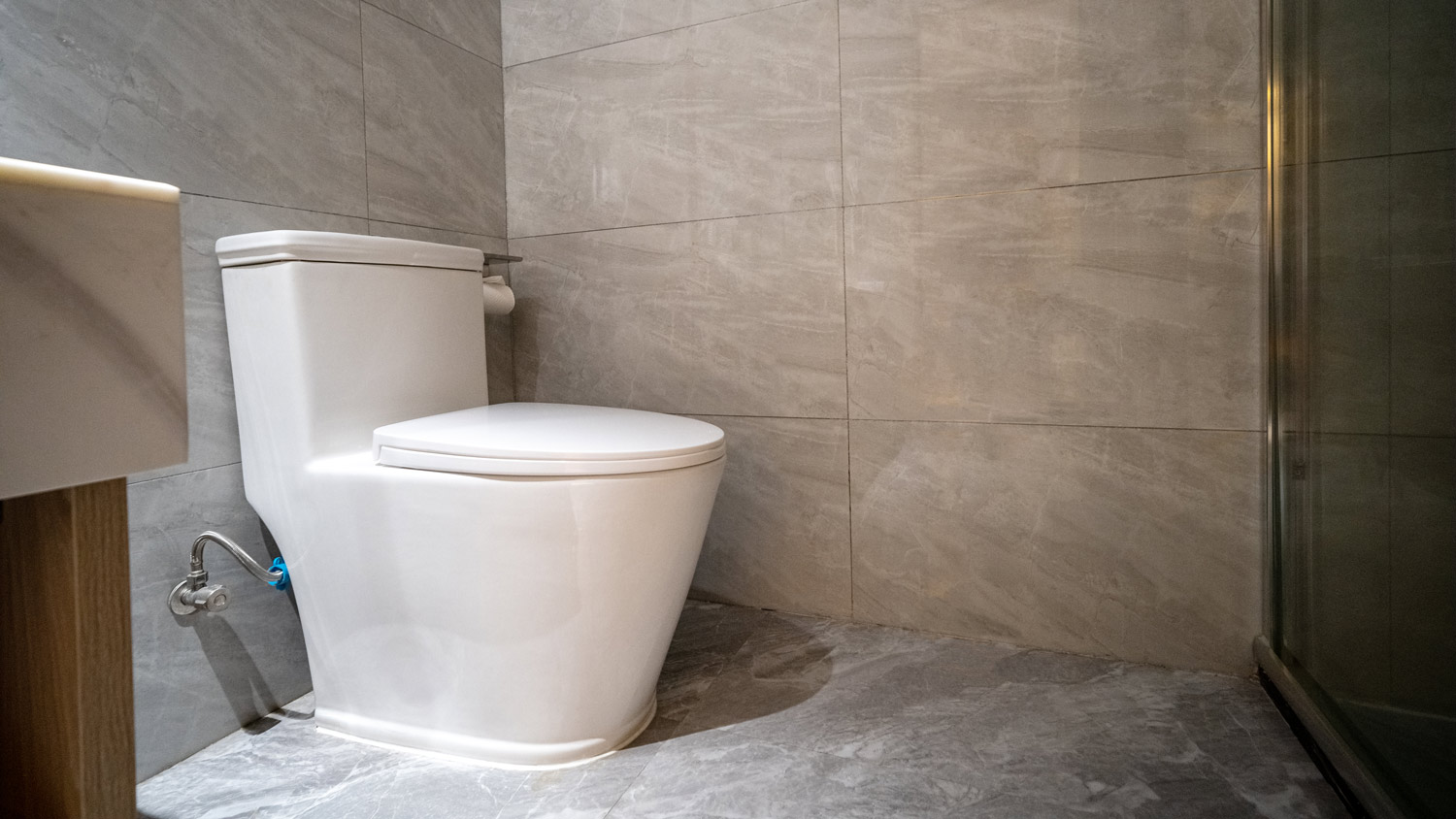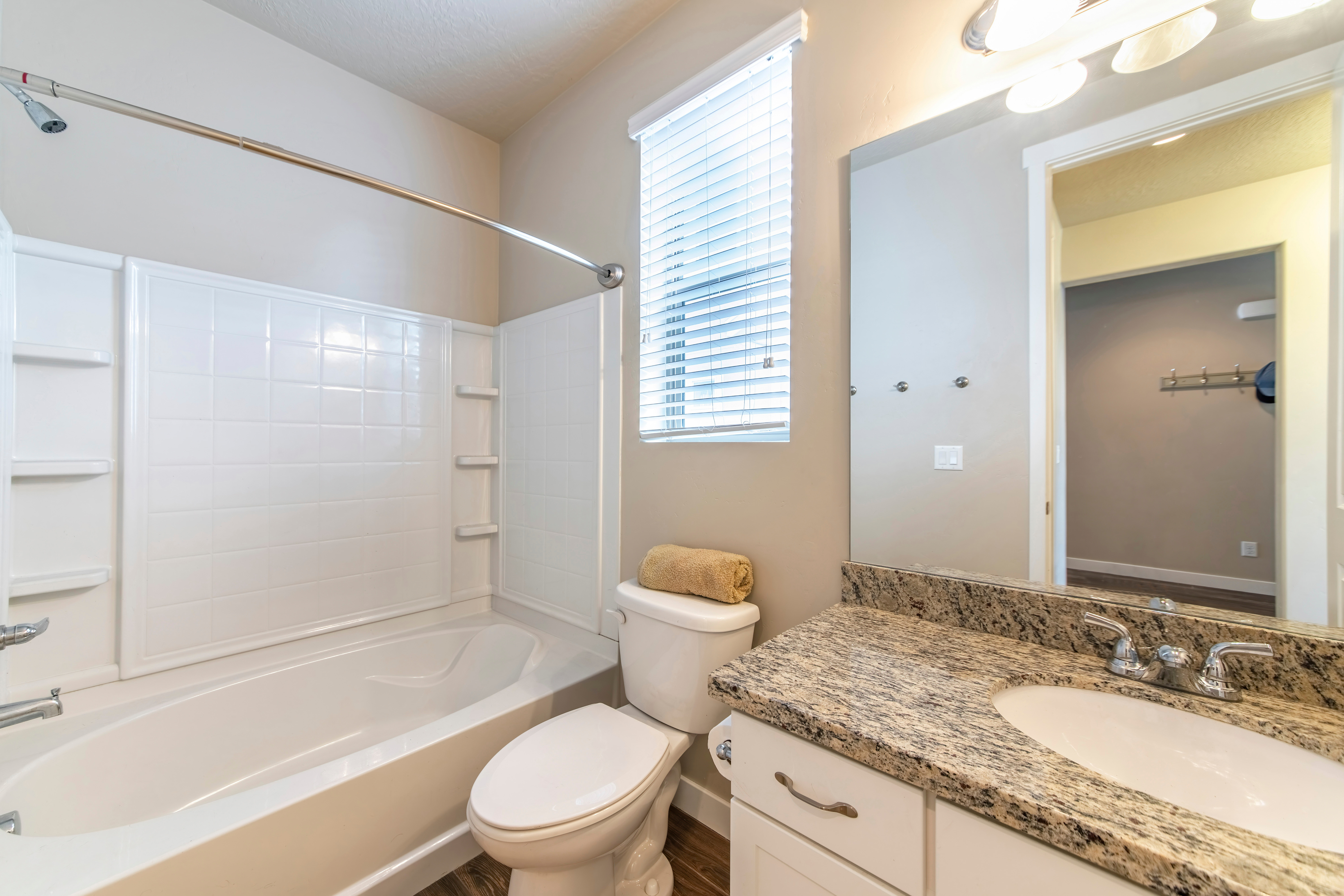
Get transparent sewer line camera inspection cost info. Learn what impacts pricing and how to budget for this essential home maintenance.
Flush out the details of your project


If you’re building a new home in an area without access to a city sewer system, you may need to install a septic system. If you’re experiencing consistent problems with your existing septic system, it might be time for a repair or replacement. An inspection can help further diagnose the issue, but here are five questions to ask about septic systems when you talk with a pro.
When you experience plumbing issues across multiple fixtures in your home, it usually indicates a septic system problem, not a clogged drain. You might notice slow drains, gurgling pipes, foul odors, sewage backup, and standing water when your septic system is on the fritz. Be ready to share the list of issues to help your septic system pro understand the problem and the tools needed to fix it.
Contact a local septic tank pro immediately if you notice sewage backup, foul odors, or frequent slow drains. Delaying a septic tank repair can lead to expensive water damage, sewage leakage into your home, basement flooding, and cracks in your foundation.
If you’re installing a septic system for a new home, a pro needs to excavate, grade the land, and install the system. Contact a septic tank pro early in the build process, and be sure they coordinate with your general contractor.
There are several types of septic systems, each with its own pros, cons, and costs. Research the options and discuss them with your pro. Conventional septic systems are the most common, but you might consider a chamber system or aerobic treatment unit. Your property’s proximity to bodies of water can also impact which system to install. If you’re unsure what type of septic system to choose, ask for recommendations from your pro.
You should pump your septic tank once every three to five years. If it’s been longer than that, you might need a cleaning instead of a repair or replacement. Describe your last septic tank pumping and any maintenance you’ve had so a pro can determine the best services.
For most homeowners, installing a septic system costs $3,620 to $12,410, depending on materials, labor, and the type of system. Before you dig in, get at least three quotes from licensed professionals.
If you have septic system issues, prepare for the expense of fixing your septic tank. Septic tank repair costs often fall between $630 and $3,040, with new lids and filters falling on the lower end and a new tank or pump on the higher end.
From average costs to expert advice, get all the answers you need to get your job done.

Get transparent sewer line camera inspection cost info. Learn what impacts pricing and how to budget for this essential home maintenance.

How much does a septic system cost in Philadelphia? Explore types of septic systems, add-ons, site prep, and how you can save money on septic system installation.

Need to know what sewer line replacement costs in Chicago, IL? This guide will help you prepare to budget for sewer line replacement done by local contractors.

Septic tanks are kept underground, so checking the levels inside can be a challenge. Learn how to check if a septic tank is full with this guide.

Need to know what sewer line replacement costs in Houston, TX? This guide will help you prepare to budget for sewer line replacement done by local contractors.

In order to function properly, your septic tank needs to be regularly inspected and emptied. How often you should get your septic tank inspected depends on a few factors.